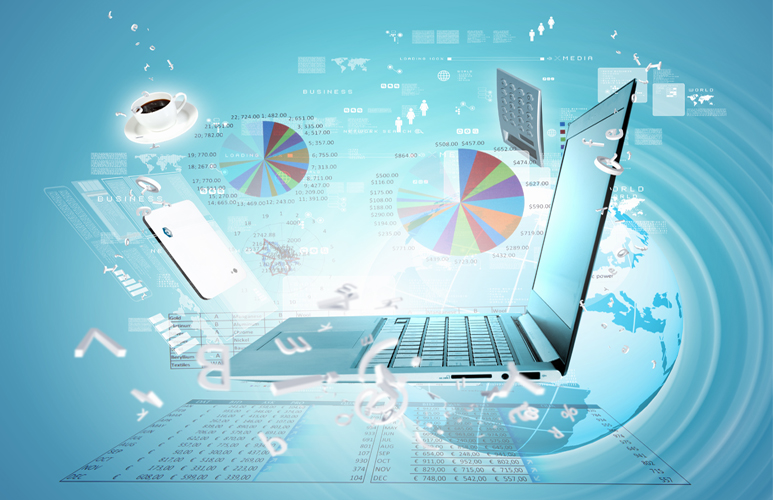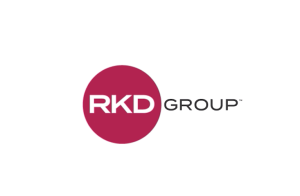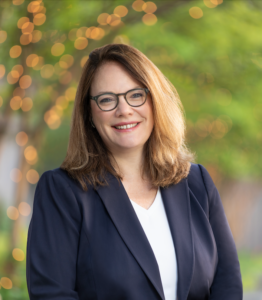Half of all people lack basic internet access and therefore don’t have access to the information, employment, and civic institutions they need to thrive in our increasingly digital age.
This “digital inequity” also robs them of other rights and opportunities, from healthcare and education to political participation, making it not just an economic but a civil rights issue that philanthropic and civil society institutions must take a greater lead in addressing, say activists.
ConnectHumanity, a nonprofit, is attempting to do just that by building the case for philanthropy to become more engaged with digital equity initiatives and directly funding a number of these initiatives. “Internet access is too important to leave to the market and to the traditional operators that have failed billions of people around the world who remain underserved,” write the authors of the group’s just-released State of Digital Inequity report.
More than 7,500 civil society organizations serving nearly 200 million people worldwide participated in a digital equity survey the group conducted last year with a team of experts from the nonprofit TechSoup. Respondents spanned 136 countries and gave answers in 26 languages.
According to the report’s authors, 95% of respondents working on issues including health, education and climate said dependable internet access is vital to their work. However, 78% lack the access needed to serve their communities effectively. The people in these communities struggle even more with 67% of respondents citing the cost of internet as a primary reason.
These findings build on results of a similar recent study by the group data.org, which released a summary report of its findings as part of a panel discussion on the topic at last month’s World Economic Forum in Davos, Switzerland.
Chris Worman, co-founder of ConnectHumanity, contributed to those discussions and to the data.org report. He lamented a lack of sufficient will to confront the problem of digital inequity, which he said many have described as “too hard” in contrast to other complex problems like poverty and food insecurity that nonprofits have committed to working even harder to address.
ConnectHumanity is pushing initiatives to bridge the digital divide via a “blended capital” approach for funding projects directly and bringing other investors along. Most without access are “in places that, because they are rural or low-income, have been left out by the traditional for-profit model,” said Sarah Brown-Campello, the group’s community engagement manager.
The group recently formed a partnership with the Appalachian Regional Commission to create and fund next-generation broadband plans in 50 of the region’s least connected communities, she said.
The group also is spearheading an initiative to improve connectivity at the nation’s Historically Black Colleges and Universities (HBCUs), 82% of which are in “broadband deserts” where surrounding residents lack fast, reliable internet. “This project will enable HBCUs to serve as anchor institutions providing broadband to the wider community, ensuring students have the connectivity they need and providing opportunities for well-paid jobs and skills development,” she said.
The United Nations has declared access to information and the internet as human rights and everyone must have access, write the authors.
The full 77-page white paper and executive summary can be viewed at www.connecthumanity.fund/digital-inequity-report.









